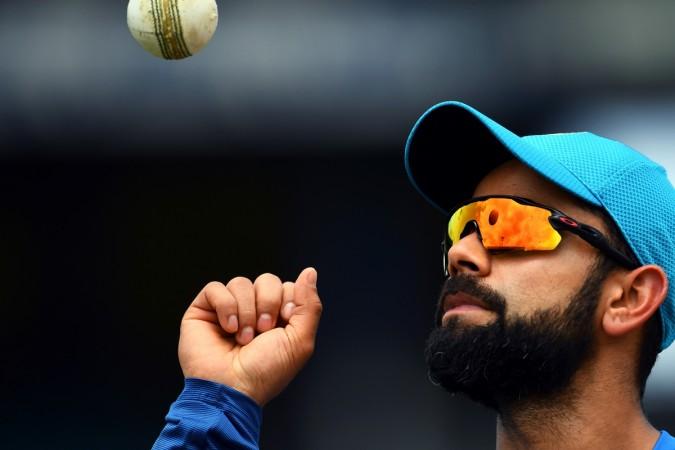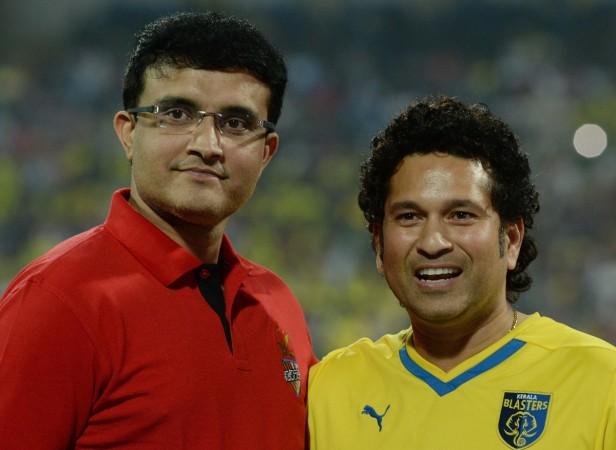The Board of Control for Cricket in India's (BCCI) decision to award Anil Kumble with just a one-year contract when he was appointed as head coach in 2016 raised quite a few eyebrows.
Many saw Kumble's appointment as the way forward for Indian cricket, given the former India leg-spinner's work ethics and fighting spirit. The Cricket Advisory Committee of the BCCI comprising Sourav Ganguly, Sachin Tendulkar and VVS Laxman seemed to have unanimously backed their former teammate.
As it turned out, things did not go as expected. The reported rifts between Team India skipper Virat Kohli and Kumble earlier this year led to the latter's unexpected resignation. The cricket legend even said his relationship with the Indian skipper was "untenable".
Cut to June 2017, BCCI's shoddy approach in appointing the next India coach is not only projecting Indian cricket in a bad light, but it is also putting undue pressure on the parties concerned with the selection process.
The CAC on Monday, July 10, after interviewing the five shortlisted candidates, said that they felt no need to hurry with the selection process. Ganguly said the three-member committee needed more time to discuss with Kohli before sending their recommendation to the BCCI.
The committee's announcement is in stark contrast to BCCI's statement that said that a new coach would be appointed before India's tour to Sri Lanka, starting July 21 in Colombo.
"We want to speak to Virat Kohli once he is back from America, all three of us along with the respective people concerned. We will explain to him that the coaches want to function in a certain way and make sure that everybody is on the same page before we make the announcement, because once we make the announcement it has to be till the [2019] World Cup," Ganguly said.
What has forced the CAC which seemed to have no second thoughts while choosing Kumble over players' favourite Ravi Shastri last year, now hold back the results of the interview?
Superstar Kohli.

Unlike other sports like football and badminton where the coach is expected to give real-time input, cricket is more of a captain's game. And thus the CAC's decision to make sure all stakeholders are happy with their choice makes sense.
However, by making it a necessity to approach Kohli before announcing the name of the new coach shows how much the BCCI is concerned about the former's superstardom.
The CAC has learnt its lesson. Ganguly had said last year that he did not want to repeat Greg Chappell mistake while appointing the coach. Kumble, who was the CAC's unanimous choice, did not turn out to be the right one.
After witnessing what had transpired between Kohli and Kumble, it is evident that the CAC does not want to take the blame again, especially with very little time remaining for 2019 World Cup. On the contrary, it seems, the committee has been forced to share the responsibility of making the decision with the captain himself.

A BCCI official on Monday reportedly revealed that the CAC would make things clear to Kohli this time. He went on to say that the Indian skipper will be advised to work with a calm head and not help repeating what had happened with Kumble.
"Kohli will be told that we have interviewed five people and found such and such person. He's the best coach for Indian cricket. This is why we feel he is good. So you have to work with him and we are discussing with you because don't want a repeat of the Kumble situation. This is a two-year appointment. So please don't fight...work with the new coach calmly," the top board official said, as quoted by the Times of India.
By making it necessary for the CAC to consult him, Kohli has put more pressure on himself. In case he has any difference of opinion with the new coach, the skipper will be forced to remind himself that he was also involved in the selection process.
And certainly, it is not the right way to approach the coach-player relationship, especially when the team is gearing up for stern challenges on foreign tours in the coming months.

















